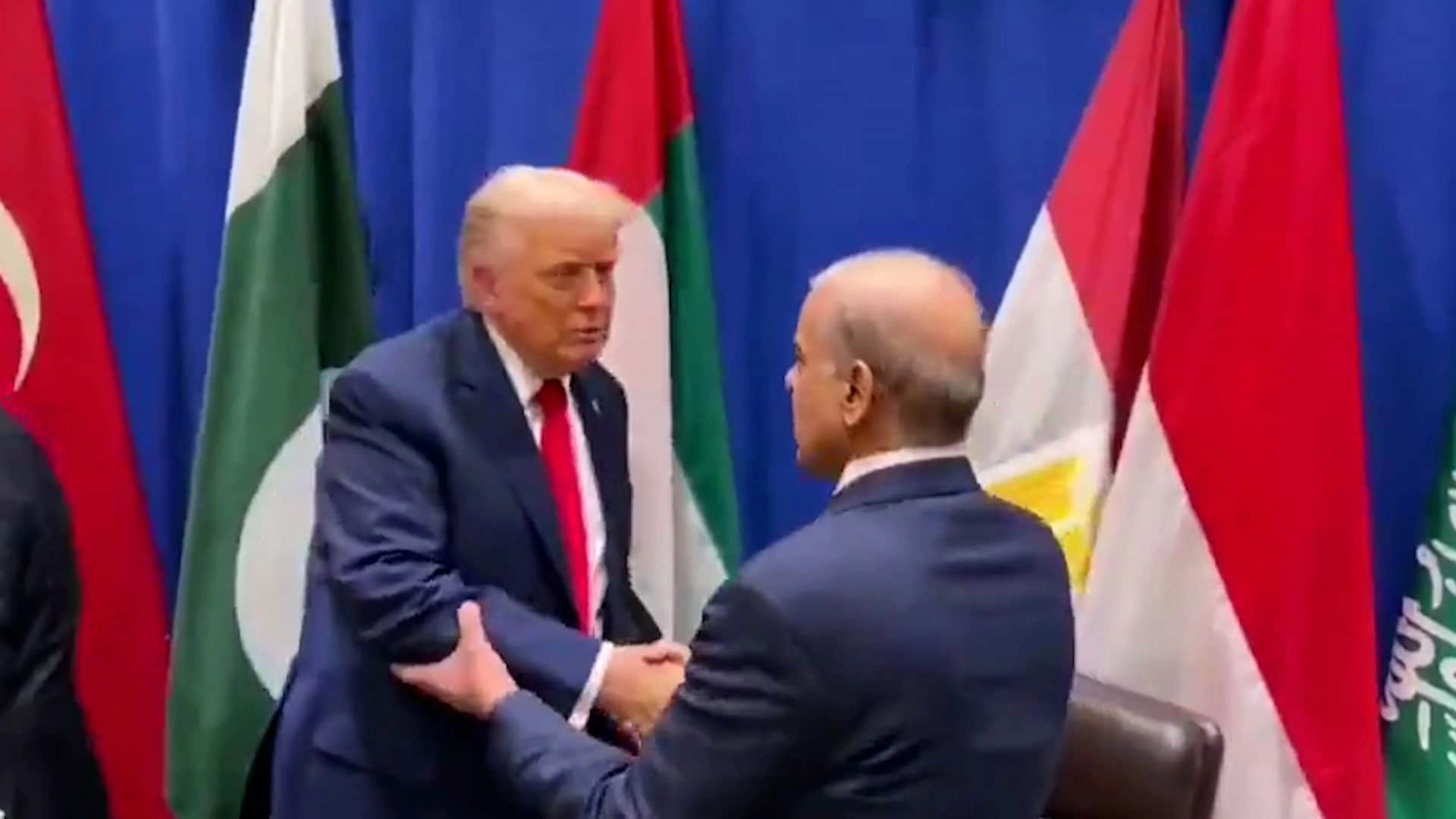Pakistani Prime Minister Shehbaz Sharif is set to meet with former U.S. President Donald Trump in Washington tomorrow, marking a significant diplomatic engagement between Pakistan and the United States. This meeting comes at a crucial time, as both nations navigate complex geopolitical landscapes and seek to strengthen their bilateral relations. The discussions are expected to focus on various issues, including trade, security cooperation, and regional stability, particularly in light of the ongoing tensions in South Asia.
As the leader of Pakistan, Shehbaz Sharif aims to convey his government’s priorities and perspectives on key matters that affect both countries. The meeting with Trump, a prominent figure in American politics, offers an opportunity to address mutual concerns and explore avenues for collaboration. Sharif’s administration has expressed interest in enhancing economic ties, which could benefit both nations through increased trade and investment. Additionally, discussions may touch upon counter-terrorism efforts and the broader implications of U.S. foreign policy in the region.
The backdrop of this meeting is marked by a shifting international order, where countries are reassessing their alliances and strategies. The U.S. and Pakistan have historically maintained a complex relationship, characterized by periods of cooperation and tension. As such, Shehbaz Sharif’s meeting with Trump could pave the way for a renewed partnership, focusing on shared interests and addressing challenges that lie ahead. This engagement is not only significant for U.S.-Pakistan relations but also holds implications for regional dynamics in South Asia, particularly concerning Afghanistan and India.
Overall, the upcoming meeting symbolizes a potential turning point in diplomatic relations, one that could lead to enhanced cooperation on various fronts. As both leaders prepare for this encounter, there is a palpable sense of anticipation regarding the outcomes of their discussions and the future trajectory of U.S.-Pakistan relations.




